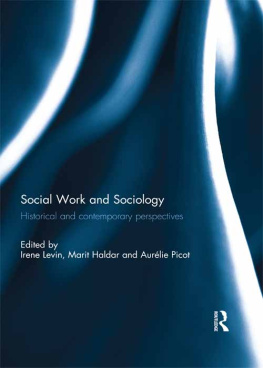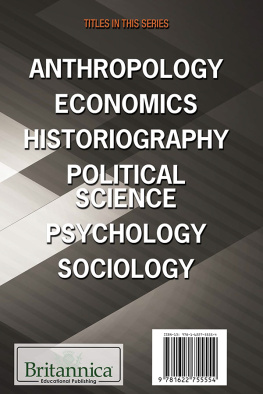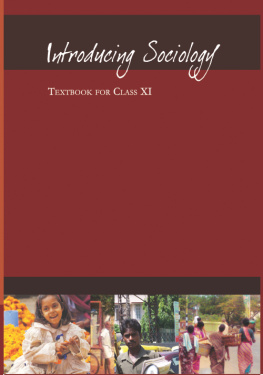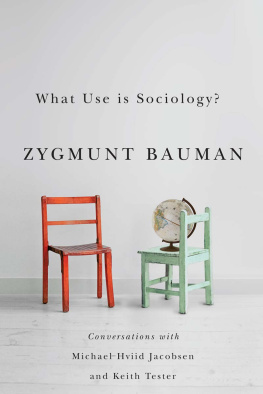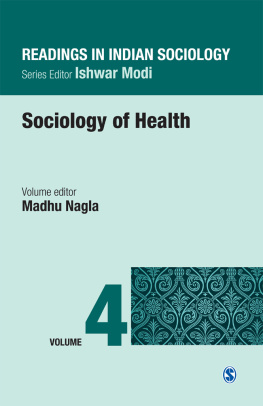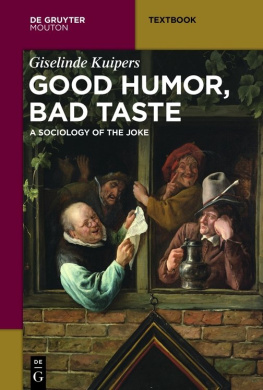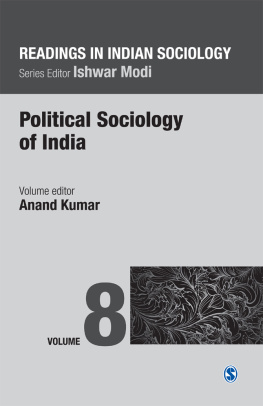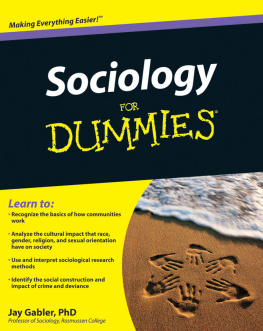The International Library of Sociology
THE SOCIOLOGY OF
LITERARY TASTE
Founded by KARL MANNHEIM
The International Library of Sociology
THE SOCIOLOGY OF CULTURE
In 9 Volumes
I | The Cultural Background of Personality | Linton |
II | Dance in Society | Rust |
III | Homo Ludens | Huizinga |
IV | Samples from English Cultures Part One: Three Preliminary Studies | Klein |
V | Samples from English Cultures Part Two: Child-Rearing Practices | Klein |
VI | Societies in the Making | Jennings |
VII | The Sociology of Literary Taste | Schucking |
VIII | The Sociology of Music | Silbermann |
IX | Towards a Sociology of the Cinema | Jarvie |
THE SOCIOLOGY OF
LITERARY TASTE
by
LEVIN L. SCHUCKING
Translated by
E. W. DICKES
First published in England, 1944 by
Routledge, Trench, Trubner and Co., Ltd
Reprinted 1998, 1999, 2001 by
Routledge
2 Park Square, Milton Park, Abingdon, Oxon, OX14 4RN
Transferred to Digital Printing 2007
Routledge is an imprint of the Taylor & Francis Group
1944 Levin L. Schucking
1944 Translation E. W. Dickes
All rights reserved. No part of this book may be reprinted or reproduced or utilized in any form or by any electronic, mechanical, or other means, now known or hereafter invented, including photocopying and recording, or in any information storage or retrieval system, without permission in writing from the publishers.
The publishers have made every effort to contact authors/copyright holders of the works reprinted in The International Library of Sociology. This has not been possible in every case, however, and we would welcome correspondence from those individuals/companies we have been unable to trace.
British Library Cataloguing in Publication Data
A CIP catalogue record for this book is available from the British Library
The Sociology of Literary Taste
ISBN 0-415-17598-4
The Sociology of Culture: 9 Volumes
ISBN 0-415-17824-X
The International Library of Sociology: 274 Volumes
ISBN 0-415-17838-X
Publisher's Note
The publisher has gone to great lengths to ensure the quality of this reprint but points out that some imperfections in the original may be apparent
CONTENTS
THE basic idea underlying the present book is that the concordance of liking evoked by certain works of art, the concordance of liking which we call taste, is due to something other than a simple excellence inherent in the quality of the work itself; rather is it the product of a complex process in which a variety of forcessome ideological, some highly materialcontend with one another and ultimately produce something that is itself far from immune to the actions of chance. The description in the present work of the processes in question is undeniably sketchya fact of which nobody is better aware than the author himself; for all that, however, there does seem to be room for such a work in so far as attempts to examine the subject of artistic preferences from such an angle are virtually non-existent. Actuallyif we disregard a version dating back to 1923 which aroused little interestthis essay did not really appear in the bookshops till its publication by Teubner in 1931. It was ultimately destined to be translated into the following languages: Russian (Academia Publishing House, Moscow, 1928); Slovak (Trnava, 1943); English (London, 1944); and finally Spanish (Mexico-Buenos Aires, 1950).
After a generation it was the house of Francke in Bern that suggested it should be put before the reader, freed from certain markedly dated matter in what may be termed its illustrative material, and now the English version, for some time out of print, appears in a second edition.
Use has been made of the opportunity thus presented to expand certain lines of thought and amplify certain illustrations already to be found in part in the author's essay entitled Fehlurteile (Faulty Judgements) ( Essays, Wiesbaden, 1948). It is hoped that certain points will thus be made to emerge more clearly and that the undiminished relevance of the work to the time in which we live will become even more apparent.
THE history of literature, and particularly the history of art, has concerned itself hitherto almost exclusively with the work of art and the artist. The question of the development of artistic taste in the public, its how and why, has scarcely been touched upon. The result has been that certain developments in artistic life in recent decades have baffled the majority of observers. The nature of the change in taste that has made its appearance seems mysterious and fateful to many people, and to some a sign of a general collapse which they bring into the closest connexion with the submergence of their political or social ideals. But things are not so strange as they sometimes seem, provided that we view them in their true historic and sociological environment.
An attempt at the methodical explanation of the great upheavals in the life of literature was made by the famous French critic and historian of literature Ferdinand Brunetire. But his Evolution des Genres dans l'Histoire de la Littrature (1890) appeared at a time when the world was so thrilled by the achievements of the natural sciences that it was all too ready to see in the explanation which Darwin and his successors had found for the processes of nature the key also to the problems of intellectual life. Thus Brunetire saw a repetition of Darwin's Origin of Species in the development of the fine arts and of literature, with the rise from simple to complicated forms, the branching out into special generic forms, and the surprising progressions of youth, perfection, ripening, exhaustion, decay, and dissolution, as seen, for instance, in the history of the drama: he split up art into living genera, and imagined that he could apply to these in a large measure the Darwinian principles of selection.
In doing so he overlooked the fact that this was associating together things that in reality were not comparable and that had only apparent similarity with one another. On one side was life propagating itself independently through procreation or the sowing of seeds; on the other creation dependent on human thought. The life of art certainly has at times a measure of superficial similarity with the life of nature, in which the struggle for existence is the dominant principle; but it is not the genera, still less the individual works of art, that are at issue with each otherthat can never be more than a similebut the tendencies. Brunetire thinks that a particular genus, such as the drama, may at a particular time be without inner vitality and may therefore expire; but this, again, is pure mysticism. It is not the works of art or the forms that decide between themselves, but human beings. But in the life of human beings the change of forms plays an immense part, not only in relation to art but, as everyone knows, in relation to articles in daily use, to dress, and to a thousand other things of which it is impossible that all should be compared to the species of living nature.


